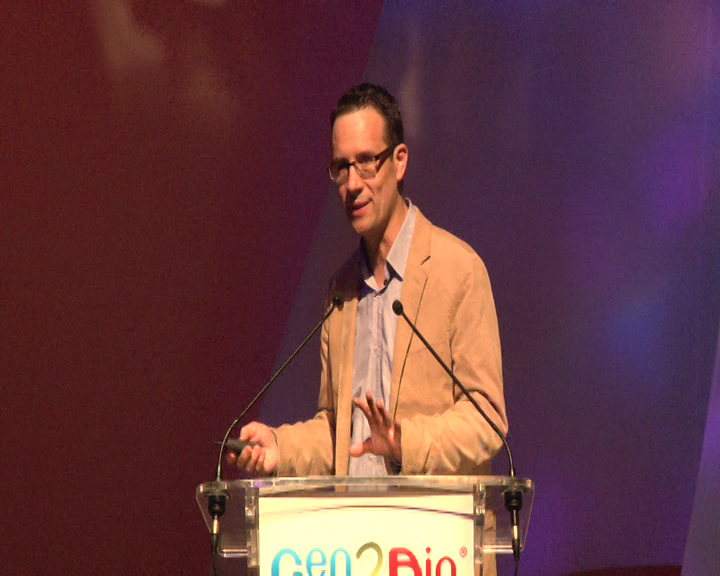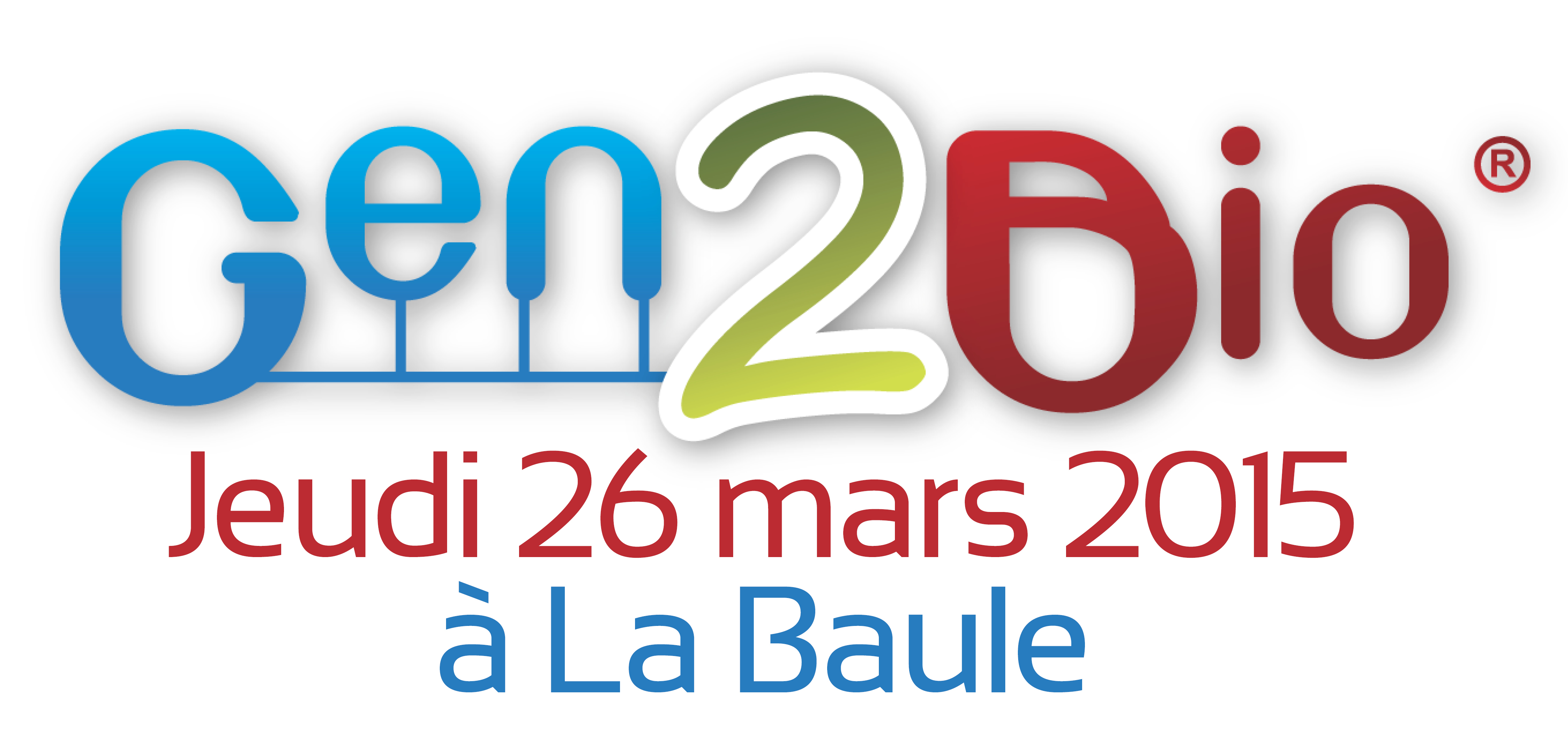|

Etienne Bucher, Institut de Recherche en Horticulture et Semences (UMR1345, Université d’Angers, INRA, Agrocampus Ouest), Beaucouzé
La vidéo de la présentation n'est pas disponible |
Abstract:
In the last years epigenetics has gained massive momentum in all research areas of biology. Epigenetics is of special interest because it can explain how memories of experiences made by an organism can be transferred from one generation to another, independently of the DNA sequence. Indeed recent research has demonstrated that the lifestyle and the environment of an organism not only affects its gene expression, but that gene expression states can also be transmitted from one generation to another. This epigenetic “memory” is primarily maintained by DNA methylation but also by certain types of histone modifications.
Plants have proven to be ideal models in this field of research. In plants it has been observed that there is considerable natural epigenetic variation between individuals of the same species. This variability can have an important impact on different traits of plants. Furthermore it has been shown that such epigenetic variants can be stable over centuries, and yet they remain reversible. It is now becoming generally recognized that heritable epigenetic variation could make a very important contribution to quantitative trait variation in plants and therefore represents valuable information that should be applied in crop improvement. It is likely that this contribution might be particularly significant for vegetatively propagated plants, especially regarding their adaptation to the environment. However most of the epigenetic studies that have been carried out so far were done in model organisms (such as Arabidopsis, and mainly annual species) but little is known about non-model organisms. Owing to recent developments in whole-genome sequencing it has become possible to tackle this subject in economically important crops. Therefore it is now the right time to further develop breeding tools to not only include the genotype (genetic difference) but also the epigenotype (epigenetic difference).
|


